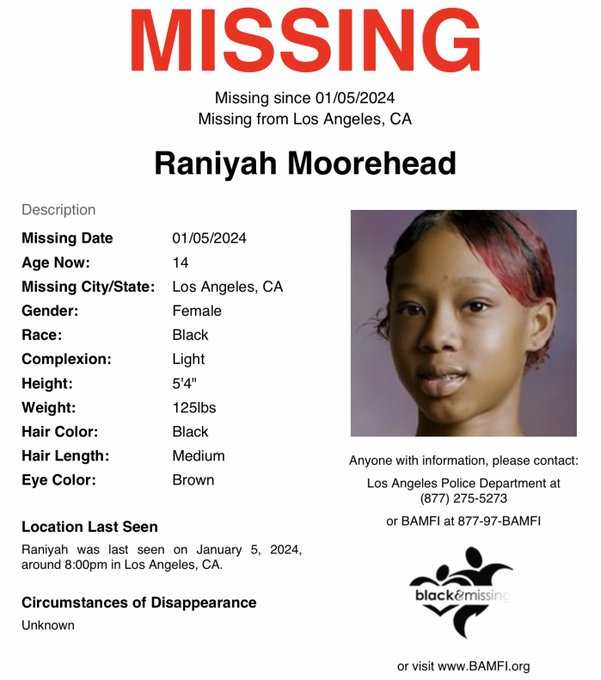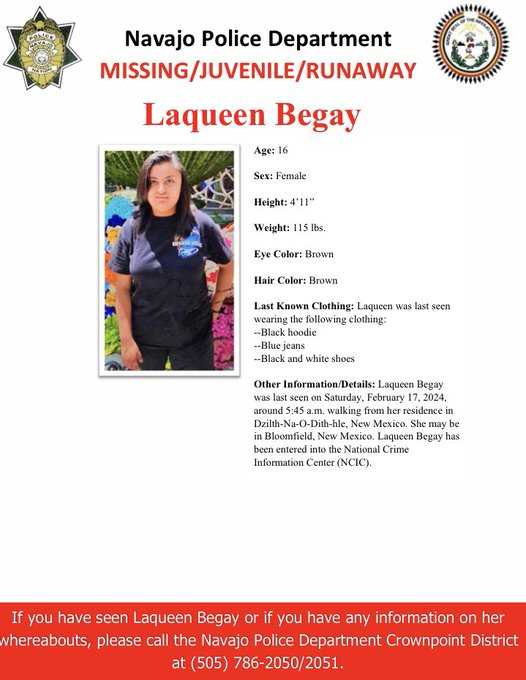
www.thegospelcoalition.org
Early Baptists Weren’t a Voting Bloc
In his “Farewell Address” of 1796‚ George Washington warned the American people about the potential dangers of political parties. In his view‚ parties would eventually become “potent engines‚ by which cunning‚ ambitious‚ and unprincipled men will be enabled to subvert the Power of the People and to usurp for themselves the reins of Government.” He’d seen the writing on the wall.
By 1796‚ the nation’s first two-party system had already developed from within Washington’s cabinet‚ leading to Federalist John Adams’s victory over Democratic-Republican Thomas Jefferson in the nation’s first partisan presidential election. Virginian John Leland‚ the most vocal Baptist defender of Jefferson‚ welcomed the change. He called the emergence of political parties a “kind of revolution.” Indeed‚ the election of Jefferson to the presidency was dubbed the “revolution of 1800.” Although Congregationalists and other evangelicals anathematized Jefferson as a heretic and demagogue‚ most Baptists voted for Jefferson due to his well-known defense of religious freedom.
In the new American nation‚ however‚ most Baptists drew an important distinction between parties and partisanship. At Second Baptist Church of Boston‚ Thomas Baldwin voted for Jefferson in 1800‚ but two years later he wasn’t as optimistic about the country’s direction. “I am sure many well-informed persons have been seriously alarmed at the progress of party disaffection‚” he declared to the Massachusetts legislature‚ “and have feared lest some untoward circumstance should provoke the mad attempt to divide our hitherto happy Republic. Should we once again begin the work of separation‚ God knows where it may end‚ and what the consequences may be.”
For Baldwin‚ the partisan revolution had gone too far. The spirit of 1776 had turned into a spirit of “separation.” As Congregationalist-turned-Presbyterian minister Lyman Beecher later described it‚ “These were the days when Democracy was swelling higher‚ and beating more and more fiercely on old Federalism and the standing order.”
Ubiquitous Partisanship
In the new American nation‚ most Baptists drew an important distinction between parties and partisanship.
The problem was nationwide. Baptists from New England to the Deep South noted a lack of unity in their churches. Just a year after Jefferson’s election‚ the Georgia Baptist Association sounded an alarm that “amongst many of [them]‚ a friendly‚ uniting‚ and endearing spirit is too little cultivated.”
The hostilities extended to the West. Several years later‚ the Elkhorn Association of Kentucky announced‚
It is with deep distress we view our society as convulsed and mutilated by intestine broils and contentions‚ which appears to us to be more the wrath of man than the righteousness of God. These things ought not to be. You have not so learned in the school of Christ.
For years‚ historians have assumed virtually all Baptists voted for Jefferson‚ as if they were a kind of early 19th-century Super PAC. But Baptists in the early United States were much more conscientious in their party affiliations‚ diverse in their voting habits‚ and skeptical of political parties than we might think.
For example‚ the first president of the Triennial Convention (the first nationwide Baptist denomination in the States) voted Federalist‚ not Democratic-Republican. The first domestic missionary for the Triennial Convention named his youngest son after John Adams. Long before becoming the first president of the Southern Baptist Convention in 1845‚ a young South Carolina Baptist named William Bullein Johnson was a Federalist‚ not a Democratic-Republican. Baptists like Jesse Mercer in Georgia simply refused to vote for either party.
Despite their common cause for religious liberty‚ Baptists in the early republic weren’t a uniform voting bloc.
Despite their common cause for religious liberty‚ Baptists in the early republic weren’t a uniform voting bloc.
This presented new challenges in the local church. Many Baptists faced pressure to conform to the prevailing political affiliations of their peers. Partisanship and morality began to overlap. In one body‚ for example‚ “There was but one member who was not a Republican; and the wonder among his brethren was‚ how so good a man could‚ in so important a matter‚ err so grievously.”
When party affiliation in churches was more evenly distributed‚ Baptists found other ways to align themselves with political coalitions. According to historian Thomas Armitage‚ in the city of Boston‚ where the state-sponsored Congregationalist church was overwhelmingly anti-Jefferson‚ pastors Samuel Stillman at First Baptist and Thomas Baldwin at Second Baptist couldn’t avoid attracting partisan listeners on certain days of the year:
Dr. Stillman and [Baldwin] were fast friends and true yokefellows in every good work. As politicians‚ Stillman was a firm Federalist and Baldwin as firm a Jeffersonian Democrat‚ and generally on Fast Day and Thanksgiving-day they preached on the points in dispute here‚ because‚ as patriots‚ they held them essential to the well-being of the Republic‚ especially‚ in the exciting conflicts of 1800–01; yet‚ there never was a moment of ill-feeling between them. On these days‚ the Federalists of both their congregations went to hear Dr. Stillman and the Democrats went to Baldwin’s place‚ but on other days they remained at home‚ like Christian gentlemen‚ and honored their pastors as men of that stamp.
Despite their efforts‚ some Baptist pastors couldn’t avoid a degree of partisanship. Charleston pastor Richard Furman decried a “party spirit” even as he urged his fellow South Carolinians to vote for Federalist Charles Cotesworth Pinckney against James Madison in the election of 1808. Pinckney was a close friend of Furman’s and a fellow member of the Charleston Bible Society.
By the end of Jefferson’s presidency‚ political division in America had reached a fever pitch. The honeymoon of the American Revolution was over.
Baptists’ Response
With political coalitions fracturing the unity of the church‚ it’s little wonder that Baptists of all kinds so frequently warned their fellows against having a “party spirit”—an attitude of divisiveness and antagonism toward those with other viewpoints.
During the War of 1812‚ the Cumberland Association of Maine charged its members with (1) “unreasonable jealousy‚ acrimony and illiberality manifested by political partisans‚” (2) the “illicit and unwarrantable measures resorted to carry their point‚” and (3) “the divisions and party spirit now predominant among all classes of . . . citizens‚ which have wrecked that happy union once so prominent among the only free people on earth.”
Baptist women also raised their voices against political combat in the church. In an 1814 letter to the editor of the Massachusetts Baptist Missionary Magazine‚ an anonymous woman wrote‚ “I long for peace—not to gratify the avarice or pride of this or that political party—but‚ that the peaceable kingdom of Jesus might be made universally known.” Time and again‚ Baptists called their brothers and sisters back to the evangelistic work of the church.
Baptists of all kinds frequently warned their fellows against having a ‘party spirit‚’ an attitude of divisiveness and antagonism.
A glance at American history reveals that even a “decidedly” pro-Jefferson denomination like the Baptists never fully embraced political parties with open arms. Even as the founders themselves were still alive‚ and even as the idea of self-government was held to be sacred‚ Baptists were uneasy with the burgeoning partisan divide and politicization of the church.
Pastors and presidents‚ clergymen and laypeople‚ men and women issued the same clarion call to maintain the unity of the Spirit in the bond of peace. Instead of normalizing factionalism‚ contentiousness‚ and mudslinging as acceptable parts of American church life‚ these Baptists educated their peers in “the school of Christ.”
Two centuries later‚ although the political parties have since changed‚ the bitterness and hostility of partisanship has not. Faced with another season of deep-seated political division in America‚ Baptists today have yet another opportunity to proclaim a peacemaking‚ cross-carrying gospel.
















